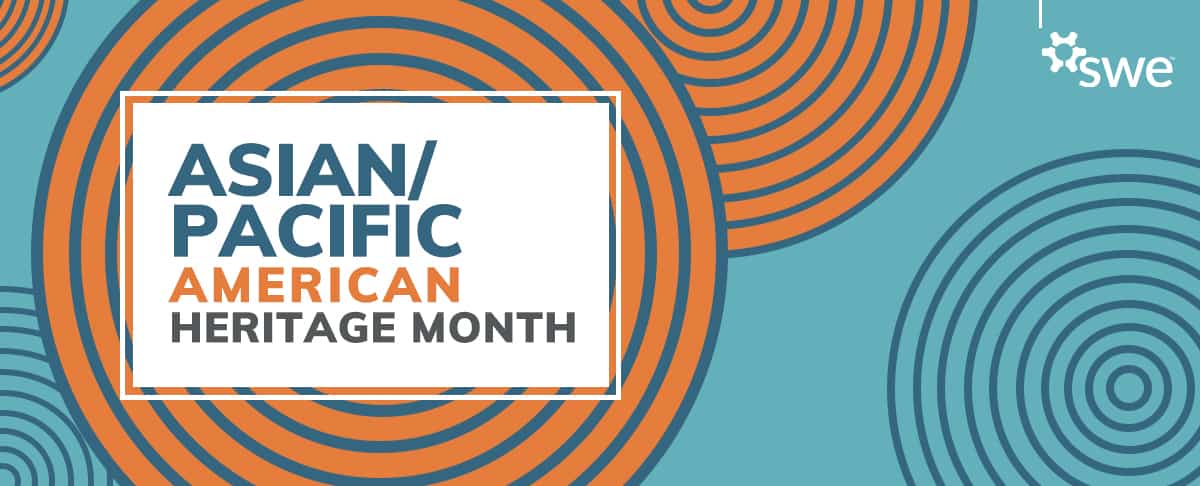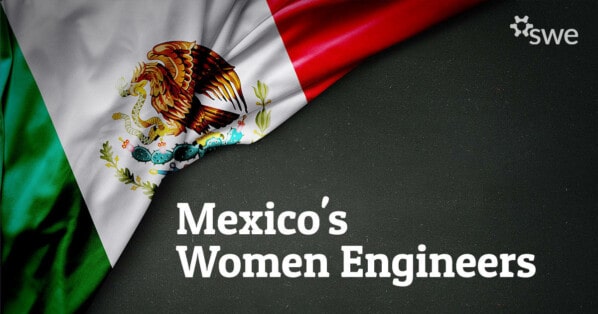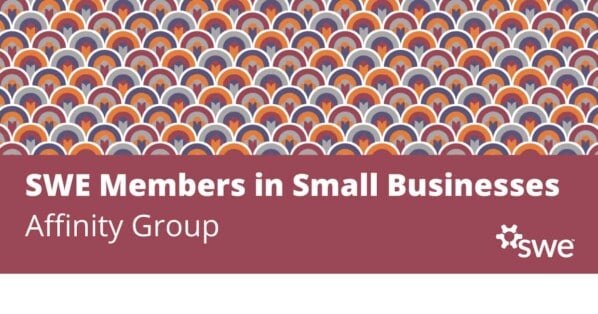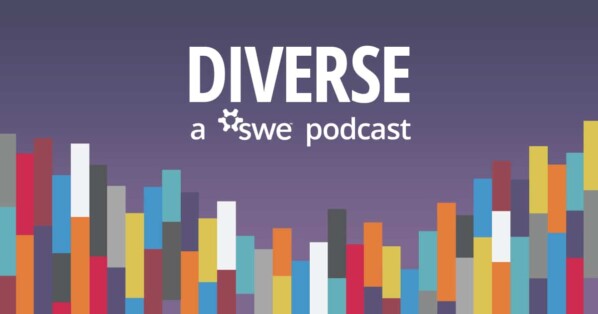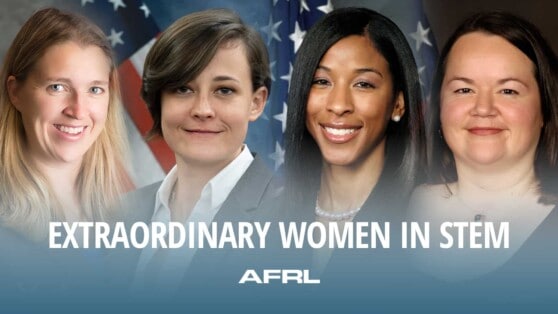In celebration of Asian Pacific American Heritage Month, SWE will be highlighting Asian American women engineers in a series of blog posts.
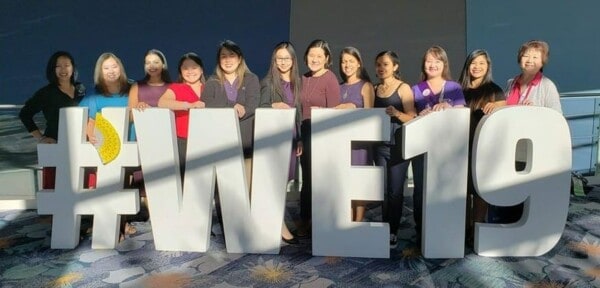
In this article, we will be featuring Tuyet-Hanh Schnell (Lead Member Engineering Staff at Lockheed Martin Corporation), Vanessa Li (Technical Manager at Novelis Inc), and Priya Sumal (Senior Manager – GPUSW Test Engineering Mac HW).
Tuyet-Hanh Schnell (Lead Member Engineering Staff at Lockheed Martin Corporation)
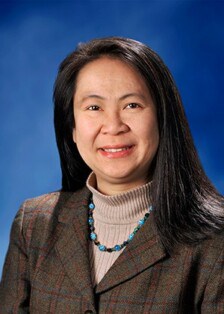
Tuyet-Hanh Schnell is a Systems Engineer and Agile Coach at Lockheed Martin Corporation. She has held numerous technical and functional leadership roles throughout her 29-year career and currently serves as a Product Lead on a large international program. She enjoys inspiring the next generation through STEM outreach and advocates for the women of Lockheed Martin as the Co-Chair of the Women’s Impact Network ERG for the Rotary and Mission Systems business area.
Tell us about your background: Where are you from, and what attracted you to the world of engineering or STEM?
I am a first-generation immigrant from Vietnam and arrived in the US as a refugee in 1975 with my parents and my younger brother. We came to the US with very few personal possessions. Through hard work, my parents were able to build a new life for our family. When I was six years old, I took apart a musical bell to figure out how it worked and successfully put it back together. I didn’t know then, but that was the first spark. The summer after my sophomore year in high school, I attended a STEM program that opened my eyes to a whole new world. I met people who were scientists and engineers and loved math and science just like me. They were applying their love of STEM to make an impact in the world which inspired me to want to do the same. That summer, I decided to pursue engineering as a career. I went on to earn a Bachelor of Engineering from Stevens Institute of Technology and a Master of Science in Electrical Engineering from Drexel University. When I left Vietnam on a Lockheed C-130, I did not know that years later, I would work for the same company that built that plane.
What has been the biggest obstacle you’ve overcome to be where you are today?
I knew very little English when I started school in September of 1975, and my elementary school did not have any English as a Second Language program in place. Therefore, I was really not very comfortable with English until junior high school. In order to increase my proficiency in English, I decided to minor in British and American Literature during my undergraduate studies. The Asian culture tends to put women in the background so it was hard for me to shine the spotlight on myself. To overcome my shyness, I joined the choir and performed in theatrical productions in college.
Are you involved in ERGs, professional associations and other D&I forums in the community? Why is that important to you?
I am involved with several ERGs at Lockheed Martin. I serve as the co-chair of the Rotary and Mission Systems Women’s Impact Network (WIN) which consists of twenty-two chapters across the business area. I also serve locally for the WIN, Professional Asian American Network (PAAN), and Able and Allies ERGs at the Moorestown site. At the SWE level, I am on the leadership team for the Asian Connections Affinity Group. I believe that continuing the dialogue for D&I is extremely important. Studies have shown that diverse and inclusive teams make better designs and solutions. In order for diverse teams to work well together, they need to understand each other better. The best way to bridge that gap of understanding is through D&I forums where people can have frank and honest discussions in a safe environment.
Why do you like to volunteer in SWE? What motivates you to contribute more?
SWE is a part of my personal growth by providing me with peer support as well as professional development opportunities through conferences, SWE articles and online learning modules. Therefore, it is only natural for me to give back to the organization that gave me so much. I have also presented at SWE conferences and at SWE collegiate sections. SWE has also provided me with STEM outreach opportunities through Invent It. Build It. and outreach activities with my own section. It is important to me that I volunteer my time to inspire the next generation of scientists and engineers.
What advice would you offer to girls or young women who are interested in STEM but doubt their capabilities or potential?
If they are interested in STEM careers, they should definitely pursue it. Women often undervalue their abilities, so they should seek objective feedback from people that they trust. They should not be afraid to ask for help. They should also join organizations such as SWE to have the support of others who have gone through similar experiences. Lastly, they should keep a diary of their accomplishments, no matter how small, so that when they begin to have self-doubt, they can be reminded of how far they have already come.
Vanessa Li (Technical Manager at Novelis, Inc.)
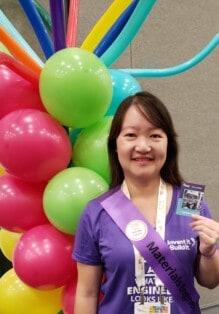
Vanessa Li is a Technical Manager at Novelis Terre Haute. As the only female engineer and only Asian in the 160-employee aluminum manufacturing facility, she is responsible for the process, product and quality of flat-rolled aluminum. Vanessa likes to motivate young women to pursue STEM and manufacturing careers through mentoring developing professionals, hosting career days for students, and serving as a guest speaker at local universities.
Tell us about your background and what attracted you to the world of engineering?
I was born and raised in Hong Kong. When I was little, I was fascinated by chemical reactions, physics, oceans and space. I came to California by myself when I was 16 to pursue my education. I later went to the University of Illinois to study Materials Engineering with a concentration in Metallurgy. Material development and selection based on customer application is what I like most about my work.
What have been the biggest obstacles you’ve overcome to be where you are today?
- As an Asian in the workforce, people often assumed I was fresh out of college based on my facial appearance. I need to constantly prove my ability when trying to convince the team of my ideas.
- My family focused on Chinese philosophy “一山還有一山高. There is always one mountain higher than another so one must be humble and not arrogant.” I noticed that Americans are very good at marketing themselves and demonstrating confidence in the workplace. On the other hand, I doubted my potential, thinking that I was simply not as smart. To overcome this, I listened to webinars to learn how to show confidence without being arrogant. I learned that this was simply a cultural difference and not a difference in intelligence.
Are you involved in If you are involved in ERGs, professional associations and other D&I forums in the community? Why is that important to you and why should everyone be involved in championing inclusion?
At work, I am a site champion for the Women in Novelis (WiN) program. WiN is a grassroot program to support, retain and promote female employees through promoting gender diversity, recognizing women’s contributions to the industry and creating a welcoming work environment for all. We also educate young children to explore manufacturing career paths. Outside of work, I am a mentor in the Pass the Torch for Women Foundation, board member of Pretty Hearts Foundation and judge for local scholarships and academic competitions. Diversity and inclusion are important because if everybody thinks alike on the team, we won’t be able to provide innovative solutions. Gender diversity is one way we can encourage new ways of thinking that lead to success. Check out this SWENext video “Why is it important for women to become engineers?” to see the value women bring to engineering teams.
How can we advocate for ourselves as women of color in the workplace?
We, as leaders, should find it important to educate the workforce so people understand unconscious bias. If someone observes a minority being bullied, please intervene. The attacker, very often, feels empowered when nobody steps up. If others step up to intervene, it gives a message to the attacker -and the entire team- that this kind of behavior is not to be tolerated. One should also understand that when a minority chooses not to speak up while being attacked, it may not mean that he/she is weak. He/she may have other concerns flashing through their mind at the very moment such as “Will speaking up do harm in the long run? Am I risking my rapport with my team if I report the issue? Will people think that I am not American enough if I express I don’t like their joke?” Don’t be afraid to reach out to the victim afterward to understand how he/she feels and offer support. Do not generalize or make assumptions as each individual experiences their own unique situation.
What advice would you offer to girls or young women who are interested in STEM but doubt their capabilities or potential?
- It is okay to not be the smartest in the conference room or class, however, one must work hard and be well-prepared. My mom always says “沒有不勞而獲. Never expect reward without effort.”
- “Boys are better engineers because they are better at math.” This is a myth! There are many varieties of engineering disciplines and some of them do not require advanced math skills. On the other hand, people with non-technical degrees often establish successful careers in technical fields. Keep exploring different career paths and you can be a successful engineer even if math is not your friend! I questioned when I heard “boys are better in math than girls” and I was determined to disprove that! How did I do that? Check out this SWENext article.
Priya Sumal (Senior Manager, GPUSW Test Engineering Mac HW)
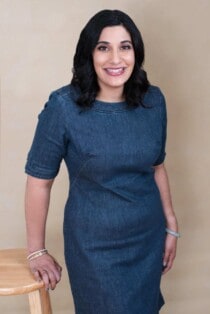
With 15+ years in the Tech Industry, Priya is currently a senior manager in the Graphics Software team, where she gets to work on all things Mac. Priya was part of the group that helped launch the first iPhone, Apple Watch and many more of Apple’s portable products. Priya is currently one of the co-chairs of Women@Apple and is always looking to empower the Women@Apple community and volunteers; she spends time helping women in STEM, through programs like NCWIT AiC.
Tell us about your background: Where are you from, and what attracted you to engineering or STEM?
I was born in the UK but my family moved to the states when I was little. I’ve grown up in California and been around the tech industry for most of my life. I always liked Math and Science, but never thought to work with computers as a career. I started working as a QA engineer, that’s when everything clicked for me. I found I was organized, methodical and good at breaking things.
What has been the biggest obstacle you’ve overcome to be where you are today?
One of the biggest obstacles I had to overcome was learning to believe in myself. I had a manager once tell me that I was not smart enough nor was I good enough to be a lead, but my male counterpart was the prime example. For years, I doubted the work I was doing and would overcompensate by staying late, doubling the work I would do and not say anything to anyone. I wasn’t my true self at work and as a result, I wasn’t promoted and I was always doing extra work.
What has been your personal experience as a (double) minority in the engineering field? What surprises (good and bad) have you encountered?
There have been positives and negatives. One of the positives has been the ERGs. I have been able to really learn from the other Women in the different ERGs I belong to and build a network. We’ve learned from each other as we change positions, get promoted, or work on new projects. I found that we all are able to reach out to each other, ask questions and find answers quickly and support. One of the things I’ve learned has been that as you get more senior in your position, there are fewer women, so the learning curve as a double minority is different. Finding mentors can be a little harder and you need to be open to getting multiple mentors that can help you in different areas.
Why is D&I important to you?
I feel that inclusion should be part of our day-to-day not an opt-in. Diverse groups make better products and people become more open when you have a more diverse team. I’ve seen it happen with the teams I work on and with.
What advice would you offer to girls or young women who are interested in STEM but doubt their capabilities or potential?
You’d be surprised what you are capable of doing. If you really like STEM, e.g. coding but aren’t super good at it, find someone who compliments your skillset and learn from each other. Recognize your strengths and weaknesses. For example, I’m a terrible coder but I love learning new things and am really good and figuring out how fast your code can run and reading code – so I’m good at code reviews thus I’m happy to partner with people and review their code but I won’t write code. Find ways to learn in an environment that allows you to learn.
What advice would you share with your younger self?
I would tell my younger self that you can be a math teacher, scientist, chemist, engineer, astronaut, or whatever else! Don’t let gender stereotypes or family members tell you otherwise. As an Asian Female, I find that people often expect us to be submissive, quiet and go into certain fields of work. I would tell my younger self that if you don’t want to do that- then that’s okay. I would also tell myself that it is okay to fail a test and not be perfect.
How can we prepare for opportunities and advocate for ourselves as women of color in the workplace?
Educate younger women about the realities of the workplace. Make sure we are supporting a healthy pipeline and telling young women what we do and why we love our jobs. Also support each other, too many women tear each other down or are portrayed as doing so. Instead, we should celebrate when we get promoted or land the big project and continue to push each other up and break that ceiling
Related Content
- Celebrating Asian American and Pacific Islander Heritage Month
- Podcast: Celebrating AAPI Heritage Month with Past SWE President, Nora Lin
- Podcast: The Experience of Being an Asian American Female Engineer
Author
-

SWE Blog provides up-to-date information and news about the Society and how our members are making a difference every day. You’ll find stories about SWE members, engineering, technology, and other STEM-related topics.

